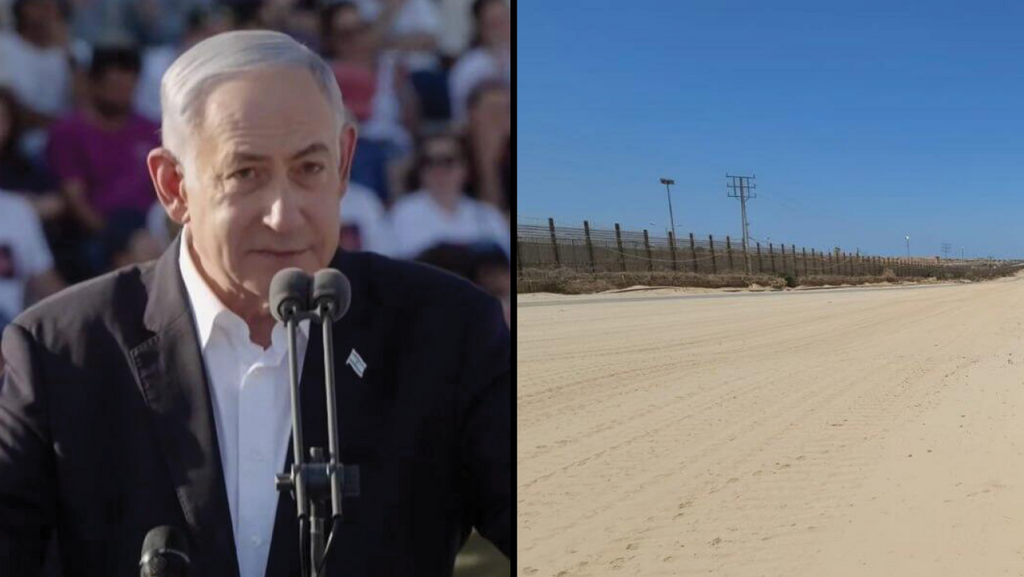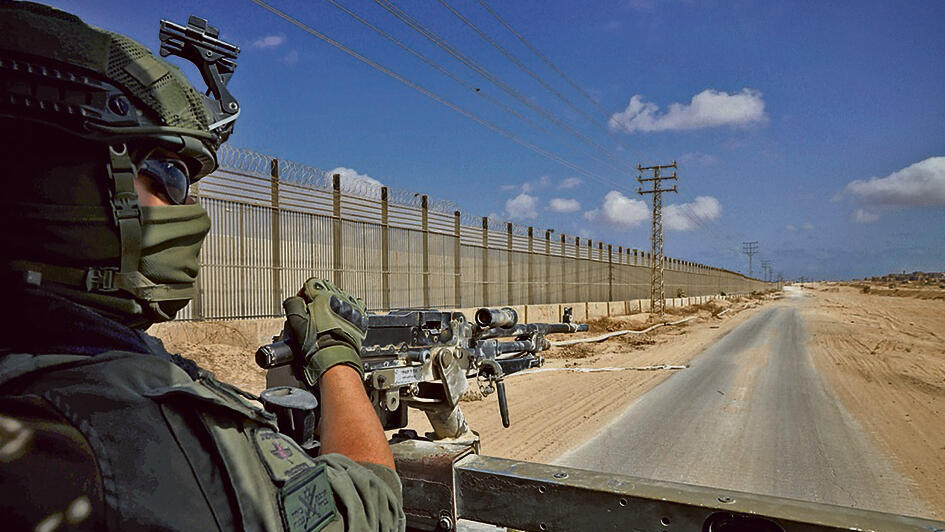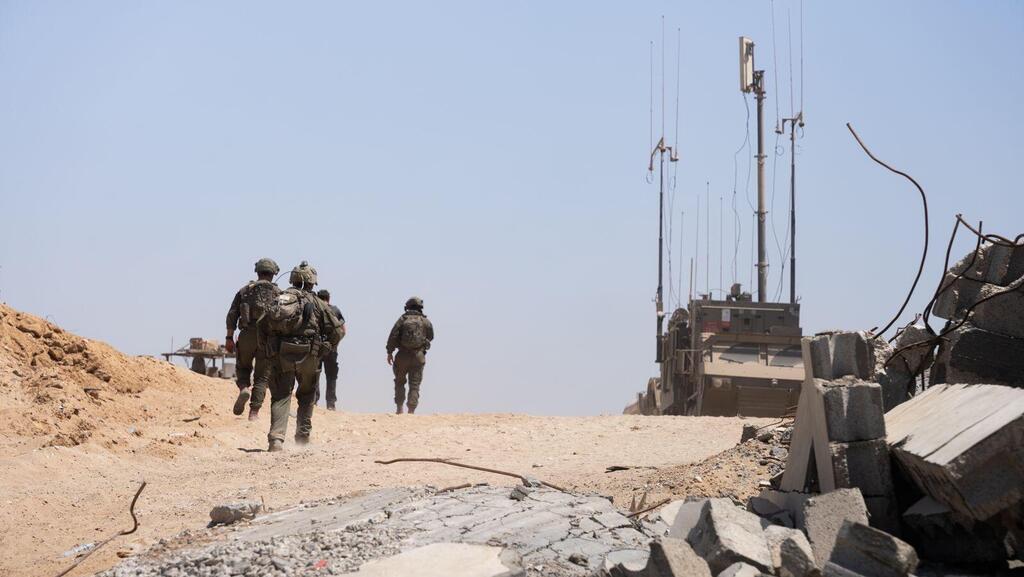A decision was made late last week by Prime Minister Benjamin Netanyahu’s current government to maintain a permanent IDF presence along the Philadelphi Corridor, despite the objections of Defense Minister Yoav Gallant. For years, Israel has been aware that in the absence of a seaport and airport in Gaza, the Rafah border crossing between Egypt and Gaza and the tunnels beneath the Philadelphi Corridor have become the primary channels for smuggling all kinds of goods – military equipment, weapons and even cars, and of course people moving between Egypt's Sinai and Gaza.
The Philadelphi Corridor is a 14-kilometer-long buffer zone along the southern Gaza border with Egypt. The Rafah crossing, located on this route, is intended to allow Gaza residents to enter Egypt. The IDF withdrew from the route in 2005 but recently returned.
For years, the underground movement through the tunnels generated tens of millions of dollars each month, which were divided among Gazan merchants, Hamas officials, Egyptian military officers and smugglers who waited at the tunnel entrances. Closing one tunnel would only reveal that 20 others were still operational. During the presidency in Egypt of the Islamist Mohamed Morsi, the smuggling operations moved above ground, with trucks arriving at the Rafah border terminal, directly into the hands of Hamas leaders.
This week, Khalil al-Hayya, the deputy of Hamas leader Yahya Sinwar, told Al Jazeera that without a withdrawal from the Philadelphi Corridor, the Rafah crossing and the Netzarim Corridor, there would be no deal. Egypt also opposes Israel's continued presence there.
But Netanyahu has repeatedly made it clear: There will be no complete withdrawal. Such a move, he argues, would send Hamas a dangerous message – that killing Israeli hostages is worth the cost. According to Netanyahu, the Philadelphi Corridor is Hamas’ lifeline. Through it, they could smuggle hostages into Sinai and from there to Iran. However, the defense establishment has long argued that Israel can always return to the Philadelphi Corridor if needed. When Hamas breaks the agreements, they’ll find Israel back in Gaza.
3 View gallery


Benjamin Netanyahu, the Philadelphi Corridor
(Photo: Yoav Zitun, IDF Spokesperson's Unit)
Smuggling is not a new issue. Every Israeli envoy has warned their Egyptian counterparts about the dangers of arms smuggling. Yet, these warnings were often noted and then ignored on both sides. Egypt had an interest in keeping the smuggling routes open, while Israel had more pressing security matters, especially with the start of the Qatari cash suitcase movement, which Jerusalem was fully aware of.
The events of October 7 changed the picture. Since the war began, Israel has rightly accused Egypt of allowing the Philadelphi Route to be a major smuggling route for Hamas. In response, Egyptian President Abdel Fattah el-Sisi insisted that he was monitoring the border with 750 security personnel. But the war suddenly cost Egypt substantial income from smuggling. According to Egypt, there are no more active tunnels, while Israel insists that dozens still remain.
Replacing Hamas with officials from the Palestinian Authority in Ramallah is unlikely to solve the Philadelphi problem. Mahmoud Abbas’ people aren’t skilled enough to handle the challenge, and who can guarantee that his officials won’t end up doing exactly what Hamas did, in collaboration with the Egyptians? The Sinai Peninsula has become Egypt’s soft underbelly, while Gaza has turned into an economic enterprise over the years. Recently, Egypt tightened its inspection procedures for those leaving Gaza. It’s no longer just a $11,000 immediate payment; now it’s an enormous sum that gets dispersed among middlemen on both sides, along with letters of commitment and strict refusals to accept war refugees.
In Cairo’s intelligence headquarters, officials continue to warn Israel about potential chaos in Gaza. Egypt is preparing to send battalions of engineers and hundreds of construction workers to build new infrastructure and residential buildings in Gaza, but they fear that without a security mechanism in place terrorism will resurface. It’s important to remember: There are still weapons in Gaza, as well as explosives and thousands of angry, unemployed young people looking for work.
Sisi and Netanyahu used to talk late at night, a fact that Egypt’s president revealed to American Jewish delegations, while Netanyahu kept it secret. Today, as far as anyone knows, those conversations no longer occur. Senior Egyptian officials haven’t forgotten that a high-ranking intelligence official warned Netanyahu in real-time about Hamas’ preparations for a deadly attack on southern Israeli communities, but the Israeli side was slow to respond. This information was shared after the war started with three media outlets, including Yedioth Ahronoth, and a senior U.S. congressman.
Gaza is not just a security challenge for Israel but also for Egypt. On the one hand, Cairo is planning economic projects for the Strip. On the other hand, they fear that there will be no one to take control the day after. Only a political solution might create a different reality in Gaza. This is the plan that the Americans are working on now, calling it “the final proposal.” Along the way, they will have to find a solution to the Philadelphi dilemma.



